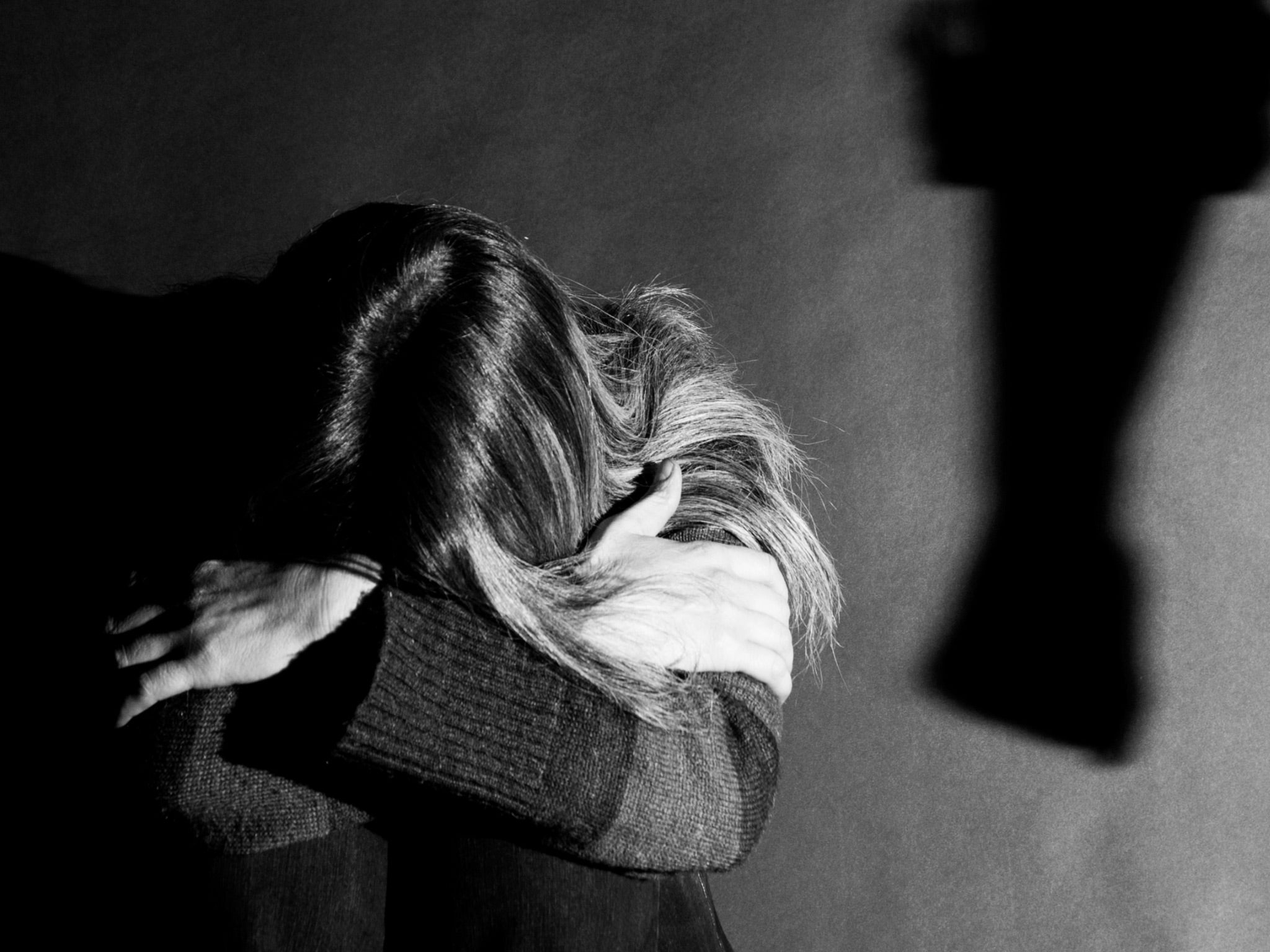Domestic abuse: Female survivors ‘three times more likely’ to develop schizophrenia or bipolar disorder
‘Significant public health burden’ of leaving abuse survivors unsupported as study shows anxiety, depression and serious psychological conditions increased

Your support helps us to tell the story
From reproductive rights to climate change to Big Tech, The Independent is on the ground when the story is developing. Whether it's investigating the financials of Elon Musk's pro-Trump PAC or producing our latest documentary, 'The A Word', which shines a light on the American women fighting for reproductive rights, we know how important it is to parse out the facts from the messaging.
At such a critical moment in US history, we need reporters on the ground. Your donation allows us to keep sending journalists to speak to both sides of the story.
The Independent is trusted by Americans across the entire political spectrum. And unlike many other quality news outlets, we choose not to lock Americans out of our reporting and analysis with paywalls. We believe quality journalism should be available to everyone, paid for by those who can afford it.
Your support makes all the difference.Domestic abuse could play a much larger part in the UK’s mental health crisis than first thought after a study found women who experienced abuse were three times as likely to develop a serious psychological disorder.
The landmark study, led by University of Birmingham researchers, is the first to show schizophrenia and bipolar disorder, as well as more common forms of mental illness like depression and anxiety, are increased among abuse victims.
But the findings also show abuse is significantly under-reported in NHS records, and this could undermine efforts to address patients’ mental health needs or direct them to support.
Estimates based on national Crime Survey data suggest one in four women has experienced some form of domestic abuse in their lifetime, but in GP records only 0.5 per cent of women have this recorded.
“The results show the significant public health burden of mental illness in this country,” said Dr Joht Singh Chandan, one of the study’s authors, at a briefing in London.
“That elevation of three times [increased risk], if we think almost a quarter of women in this country have experienced domestic abuse, we’re talking big numbers in terms of mental health demand in this country.”
For the study, published in the British Journal of Psychiatry, the team used medical records from 18,547 UK women whose medical records made a note of abuse between 1995 and 2017.
They compared them to 74,188 women of a similar age profile who had no record of abuse.
The study found that that half of the women in the abuse group had a mental health diagnosis (49.5 per cent) compared to 24.6 per cent of women without a record of abuse at the start of the study.
When they removed these cases and looked at new diagnoses of mental illness over the 22 year study they found anxiety disorders were diagnosed at twice the rate among the group who had experienced abuse.
Diagnosis of depression, or “serious mental illness”, like schizophrenia or bipolar disorder, appeared at three times the rate.
The authors said the relationship was “not simple or straight forward” and mental illness may make someone more likely to become a victim of abuse as well as abuse causing psychological disorders.
They were not able to answer questions about the effects of abuse in men, because these are cases are even more poorly recorded.
But more needs to be done to identify and support those who have experienced abuse.
“We know that in primary care and [with] staff at GP practice there is often a lot that can be done for people who have experienced domestic abuse, but it’s not being highlighted to them,” Dr Chandan said.
Encouraging the police to share reports of domestic abuse with the NHS would be one way to improve reporting, as well as policies to prevent abuse, and earlier intervention for those who are victims.
The findings also raise the question of whether there should be more screening of young women being treated for mental health disorders.
“Do we need to think about asking them questions relating to their abuse?” Dr Chandan said.
“We hear everyday from women with mental health problems who have struggled to get the support that they need,” said Vicki Nash from the mental health charity Mind, who called on government to act on women’s mental health and domestic abuse.
“Too many women are not having their needs met by mental health services, which are also not using a trauma-informed approach.”
Join our commenting forum
Join thought-provoking conversations, follow other Independent readers and see their replies
Comments